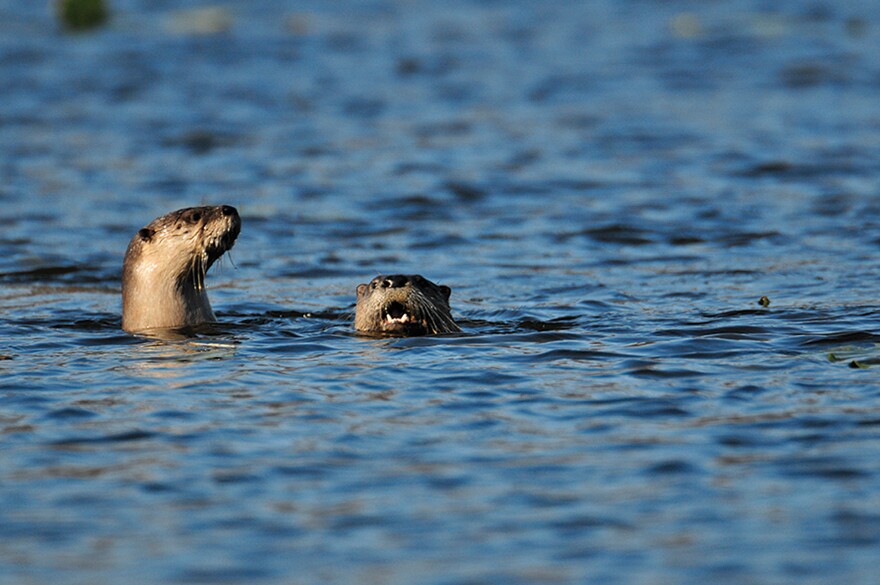A few species of mammals considered to be rare on Long Island have recently been spotted by wildlife biologists, as well has residents.
To get a better idea of where these animals can be found, the Seatuck Environmental Association will launch a three-year survey to find 27 land and semi-aquatic mammals on their "look-for" list. Some of these include skunk, gray fox, minks, river otter and long-tailed weasel.
Arielle Santos, a conservation scientist at Seatuck, said there have been huge changes in the composition of Long Island's mammals over the last 400 years.
"Quite early on, unregulated hunting and trapping during the fur trade era eliminated black bear, beaver, and river otter, while bounties wiped out the island's populations of gray wolves and bobcats."
She said habitat destruction has also been a factor in these animals getting pushed out.
An updated map of Long Island's mammals is long overdue. The last extensive survey of this kind hasn't been done since the 1960s.
Santos said a resurgence of some of these animals could indicate a healthier environment.
"We have a beautiful environment, right? People love living by the water. We have a very unique habitat and ecosystem that makes it so beautiful and important. I would think that protecting it and wanting to make it as healthy as humanly possible would be on the forefront of people's minds and priorities," she said.
To conduct the survey, volunteers will learn to document the larger animals using trail cameras, and trapping for the small animals. Photos can be uploaded to the Long Island Mammal Survey on iNaturalist.org, or with the iNaturalist app.
Long Island residents are invited to get involved. A virtual meeting Tuesday, Jan 31 at 7 p.m. will go over the details. Registration is required. Visit Seatuck.org to learn more.


